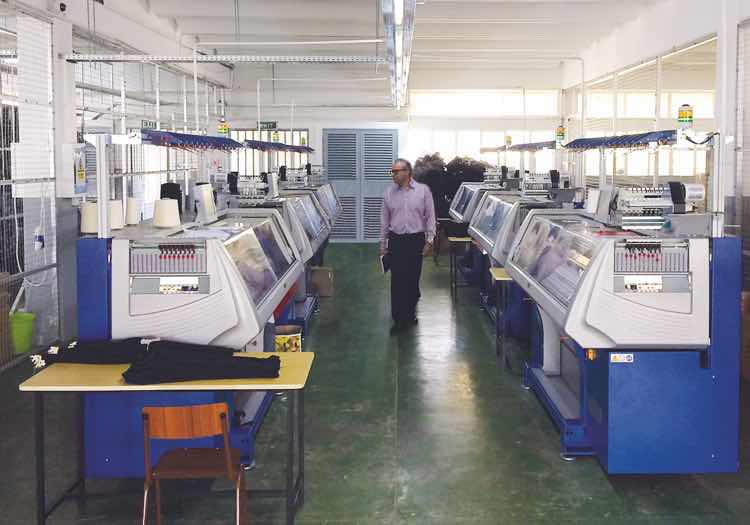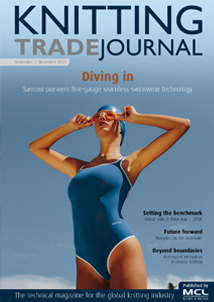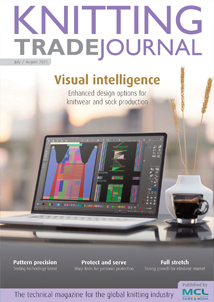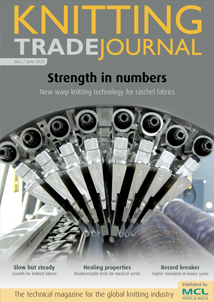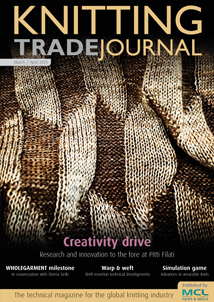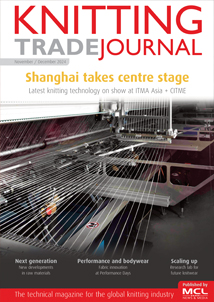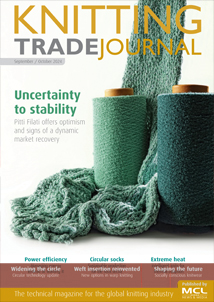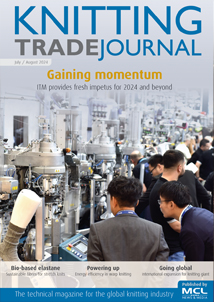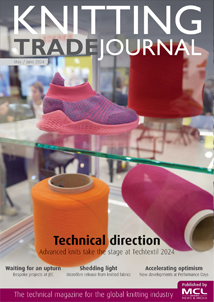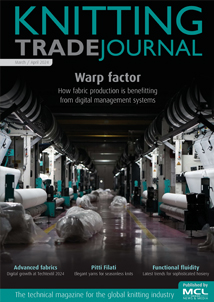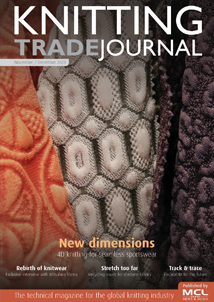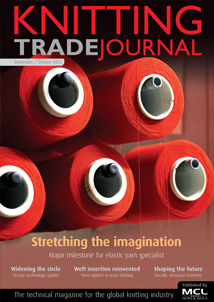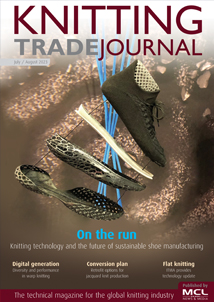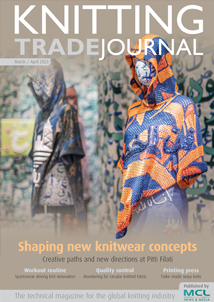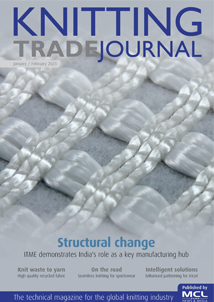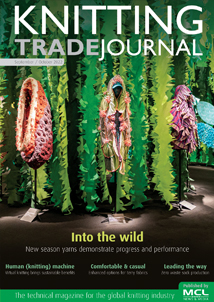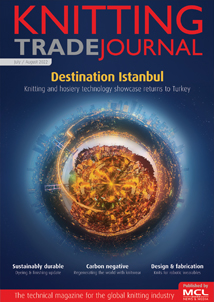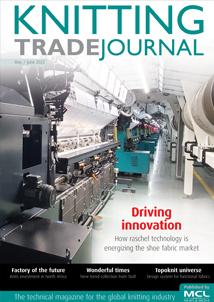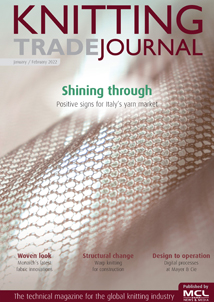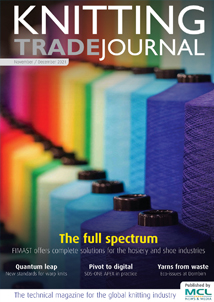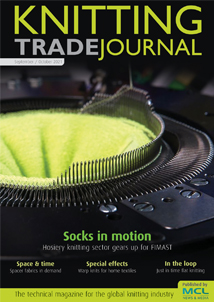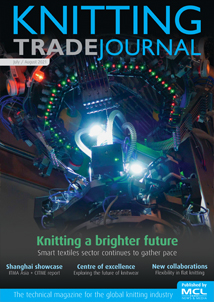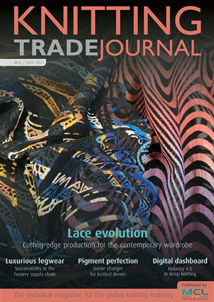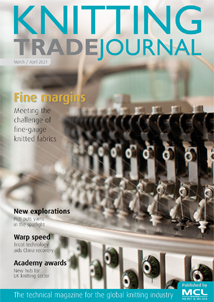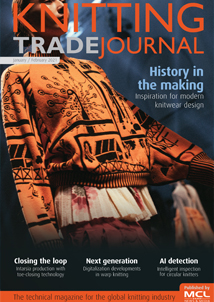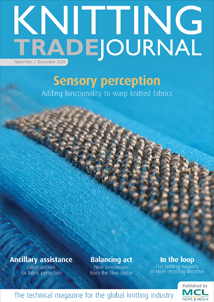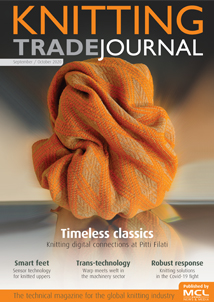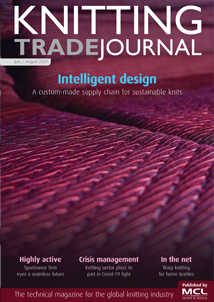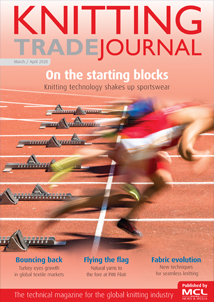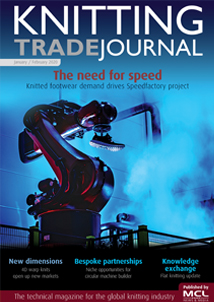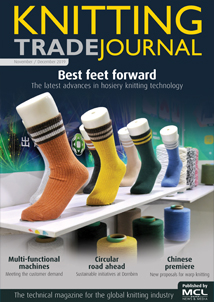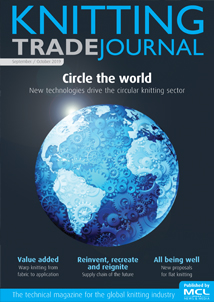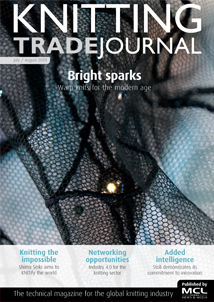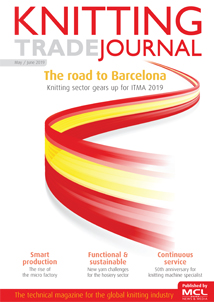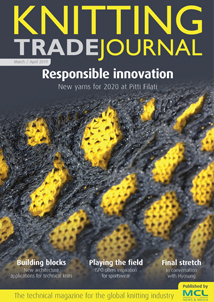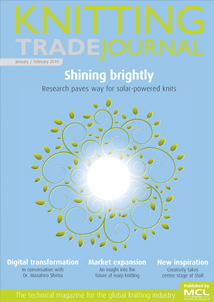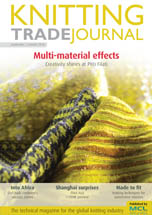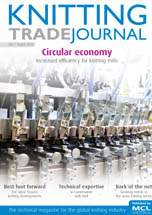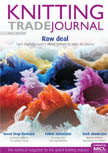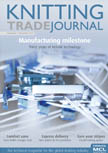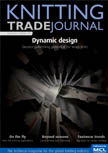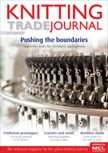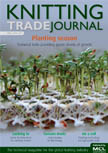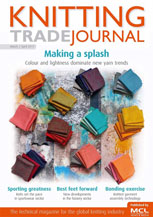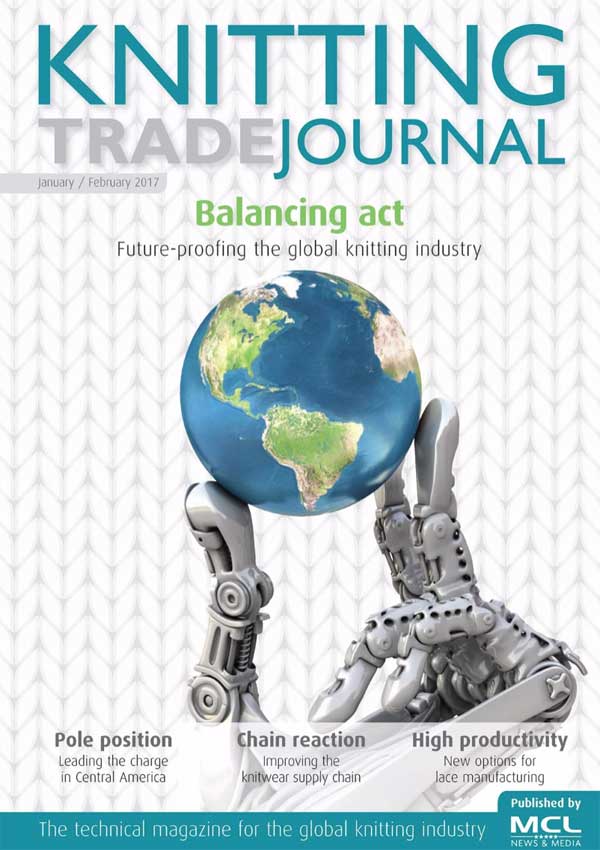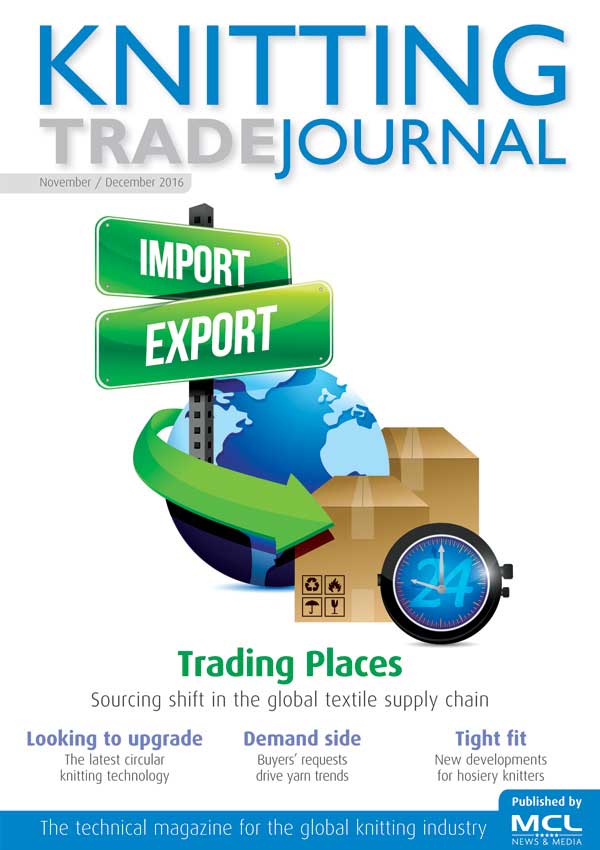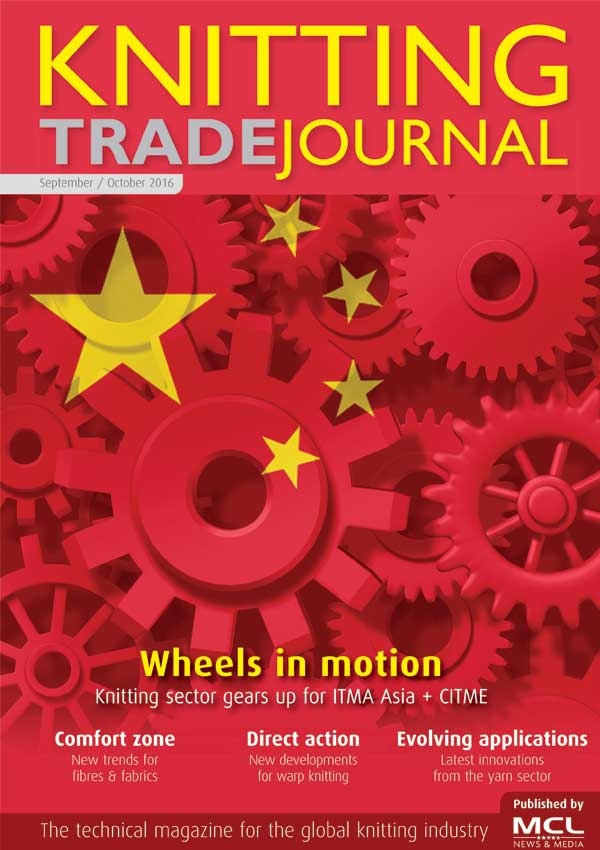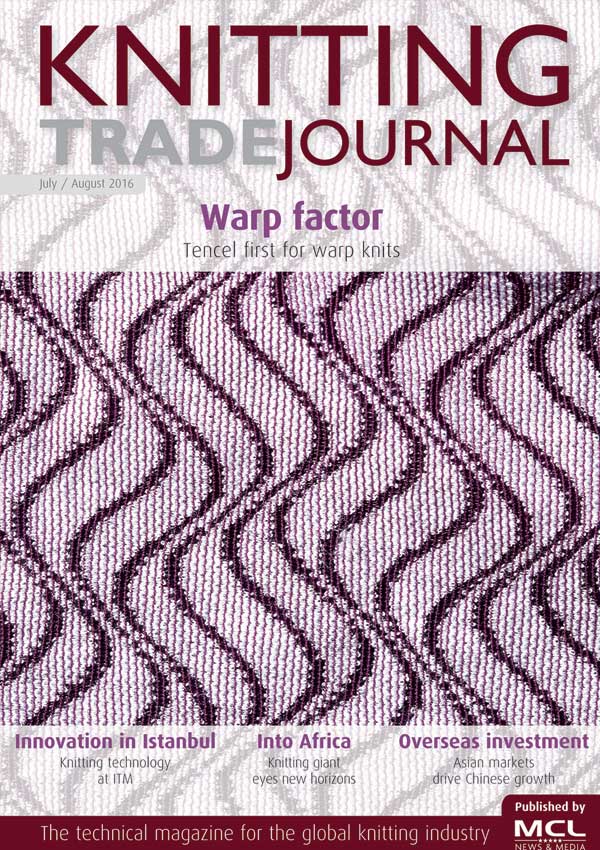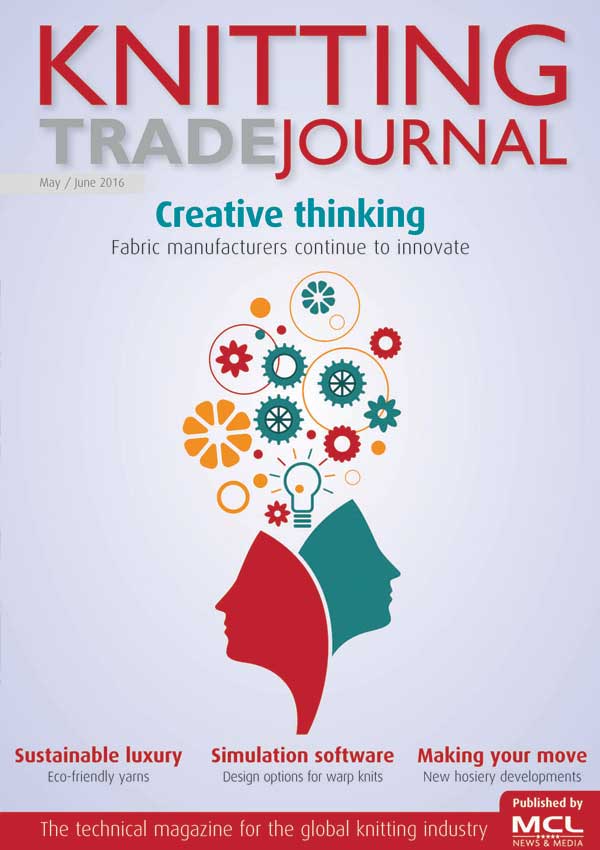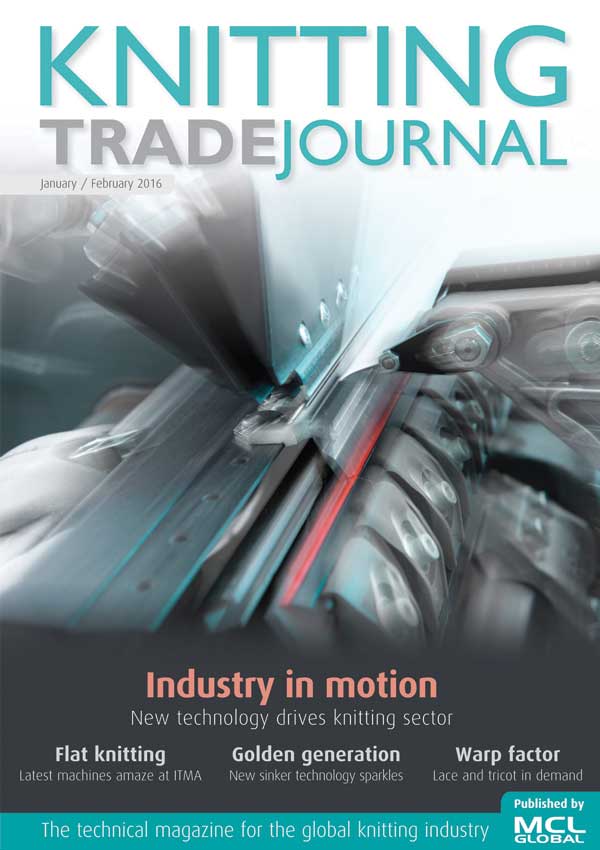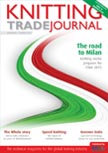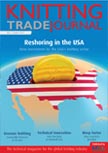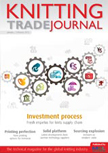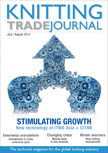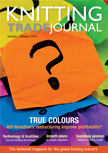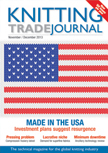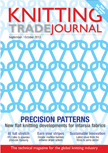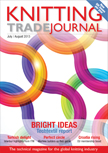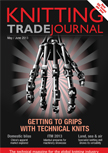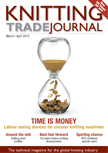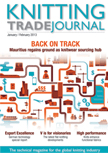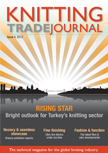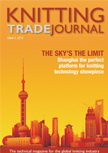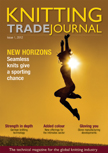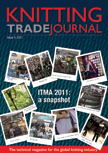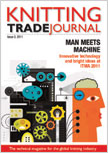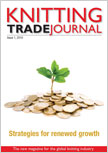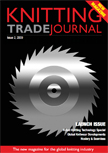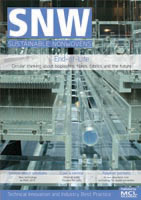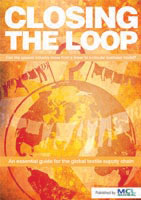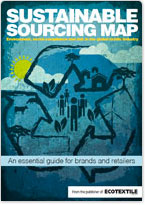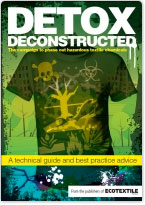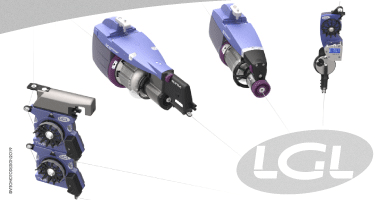Reutlingen - Flat knitting machine builder Stoll has spent more than 40 years building up business in key markets across Africa.
Stoll's business activities across the vast African continent have seen the Reutlingen, Germany-based firm support knitwear production in a number of different markets.
Prime examples of success can be found in very different regions ranging from North to South and from East Africa to the islands of the Indian Ocean.
"For more than 4 decades, Africa has always played a significant role for Stoll," the company says. "The oldest agency contract (South Africa) dates back more than 35 years. Here, in South Africa, and in markets such as Kenya, there are Stoll machines, built in the 1950s and 1960s, still running, demonstrating that good care is all a Stoll machine needs."
Stoll says it has successfully served markets such as South Africa, Mauritius, Madagascar and the North African states, including Libya, for many years.
Currently noteworthy is the Madagascan knitwear sector, which, at the moment, enjoys export advantages to Europe and the US. At the moment, says Stoll, there are still many products knitted on hand-flat machines with much of this capacity likely to be replaced by electronic flat knitting technology at some point.
An important re-launch of locally produced knitwear can also be seen in South Africa, says Stoll, a country which over the last decade has been largely dominated by Chinese imports.
Interestingly, fewer and fewer cheap knitwear imports are making it into the South African market with Stoll pointing out that the government is even suggesting banning the imports of low quality knitwear altogether. Instead, there is now an attractive incentive program helping local manufacturers benefit from a “Proudly made in South Africa” campaign.
In fact, Stoll says its machines are already playing an important role in the current revival of school uniform production. The main centre of this - mostly sweater and cardigan production, is in Newcastle, a flat and circular knitting heartland located half way between Johannesburg and Durban.
"Being present at the right time in the right place with the right product and price is the major reason for the success of Stoll here," the company says. "This has helped Stoll to penetrate one of the largest garment manufacturers in the country. Within a few months, this customer became one of the biggest flat knitters for school jerseys."
Stoll has also played a major part in the growth of the country's high fashion sector, counting customers in Johannesburg and Cape Town as well as in the East of the country in Durban and East London, areas usually better known for the production of another world-famous German brand name, Mercedes Benz.
"Most South African department stores source knitwear that has been produced on the east coast," says Stoll. "Sourcing companies mainly rely on knitters equipped with Stoll machines as they appreciate the great flexibility of proven Stoll technology, as well as the fast delivery by our customers.
"One must also not forget that many of the oldest flat knitting companies were founded by, and are still run by, German immigrants, originating from the area around Stoll’s hometown of Reutlingen. Listening to Stoll's home dialect more than 10,000 km away, always brings a smile to our faces. Together with one of the oldest Stoll agents, the company enjoys an outstanding position in this field."
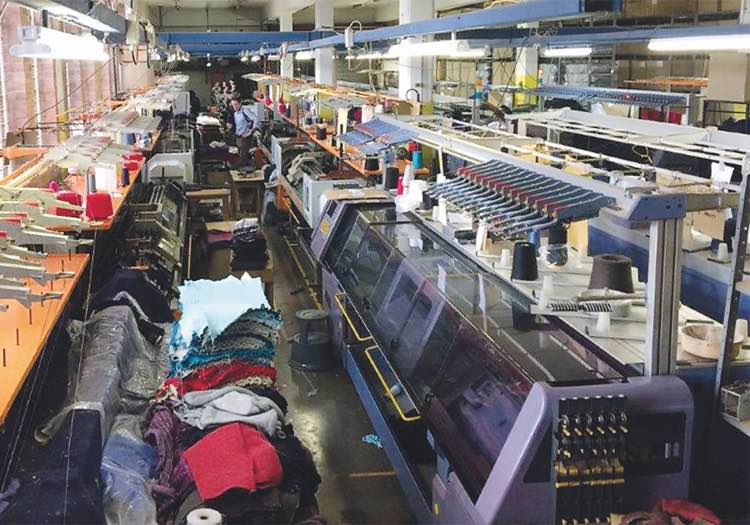
Elsewhere, Mauritius, once the largest producer of fine knitwear in the region, is now becoming a hub for luxury cashmere knits for niche export markets.
Mauritius is amongst the oldest producers of flat knitted products in the sub-Saharan region. Once dominated by a few huge producers equipped with electronic machines, and supplemented by several small companies equipped with hand flat machines, the market today offers a different picture.
The large scale manufacturers have either moved to Madagascar, where they have been attracted by lower labor costs, or they have reduced their capacity significantly as such huge quantities can no longer be produced cost-effectively.
Instead, there are now many more small to medium sized flat knitting companies, most of whom are running the latest electronic machines. Where once Mauritian firms opted to supply the mass market, these companies now mainly produce exclusive cashmere products for export to Europe and the US. Even new start-ups, most of whom had no experience of flat knitting machines, have realized that there is a way to profit from luxurious knitwear by investing in Stoll machines, the company says.
These knitting mills are also supplementing their export businesses with a growing trend for high-end knitwear boutiques along coastal areas to take advantage of the luxury tourist market.
Stoll also notes an increase in foreign investment in Mauritius, notably from neighboring African countries that see the island as the perfect location to produce specialised knitwear for export back to the African mainland.
"Stoll can be very proud to be the leading supplier in the market of flat knitting machines," the company says. "Together with the local partners, Stoll assures a high level of customer satisfaction in all required fields. Our common aim is to further grow together with existing Stoll customers and potential customers."



